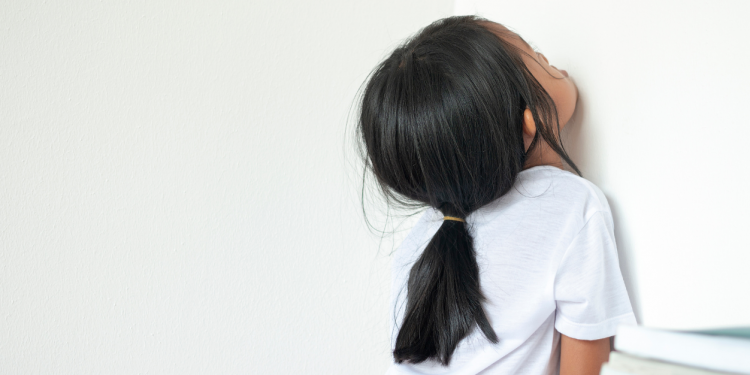It may range from a quick smack on the fingers, to a full-fledged caning on the buttocks. For a long time, the debate has raged on — does such physical punishment have a place in parenting?
While the Pope says it is ok “as long as it is done with dignity”, many experts say the consequences of physical methods of discipline are dire. Still, some parents feel that it can be an effective form of discipline, when used correctly.
Take Mr Gary Chong, 41, dad to a 6-year-old boy, for example. Mr Chong admits that he has caned his son before and keeps a cane at home as a deterrent to bad behaviour. “Of course, you can’t be spanking and slapping for every little thing,” he says. “But if you warn the child beforehand and the child knows the consequences, it can be ok.”
Although he does not believe in spanking his son frequently, he recalls an occasion when he did so. “It was when my boy was rude to my wife. I have made it clear that there are some things that cannot be tolerated in my house. Disrespect is one of them, and there will be consequences. My boy knows this and he understands it.”
On the other end of the spectrum are mums like Ms Grace Toh. Ms Toh, a mother of three, believes that getting physical is never the answer, especially when dealing with children.
“Children watch and learn everything their parents do. By spanking or hitting them, it is a signal that it is ok to respond physically when we are upset or unhappy,” she says. “It doesn’t do the child any good. What lesson is there to be learnt by spanking?”
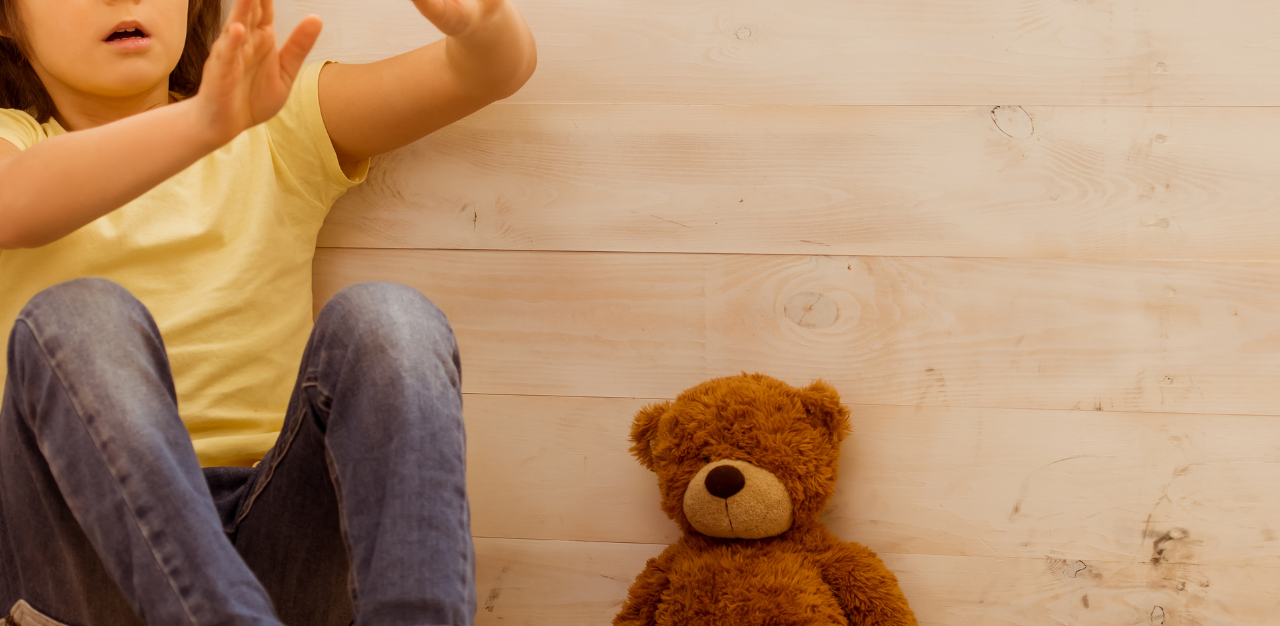
While she herself grew up in a “traditional household where her parents kept a cane in an antique Chinese vase in the living room”, she is convinced by her husband, a Singaporean who grew up in Canada, that physical discipline is not the answer.
“He strongly believes that mistakes that the kids make are teaching opportunities and they learn nothing when you spank them,” she says. “It takes more time and effort for the parents to control their temper and explain things to the child, but it is your child and if you don’t do it, who will?”
Have mindsets changed?
Anecdotally, most Singaporean adults today seem to have grown up in families where caning or spanking is a normal part of life. Both Mr Chong and Ms Toh experienced their fair share of physical discipline as children. Says Mr Chong, “My brother and I got caned a lot in our childhood. My father was very fierce and he would take out the cane and swing it to scare us. Of course, we would get hit when our mistakes were very bad, like when our principal called to complain about our behaviour.”
Similarly, Ms Toh recalls being smacked on the palm with a cane as a child when she threw a ball in the house, and broke some ceramic bowls.

And it seems that things may not have changed that much over the years. A 2019 survey by YouGov found that about 4 in 5 parents in Singapore carry out corporal — or physical — punishment.
The difference, though, says Mr Chua Sze Siong, the chief therapist at MindfulBear, is that parents tend not to openly discuss or share much about the caning or spanking of their children these days. “It could be due to the proliferation of research articles online that talk about the negative effects of caning and spanking.”
Consequences of physical discipline
But is physical discipline ever ok?
At least one psychology professor, Ms Marjorie Gunnoe from Calvin College in the United States, found in a 2010 study, that children smacked before age 6 grew up to be more successful, and that there was not enough evidence to say that smacking harms most kids.
However, to counsellors like Mr Chua, physical punishment should always be a last resort, “Pain is just a temporary feeling and it will go away very quickly. Once the pain goes away, the child will not be able to fully understand why they were spanked or slapped.”
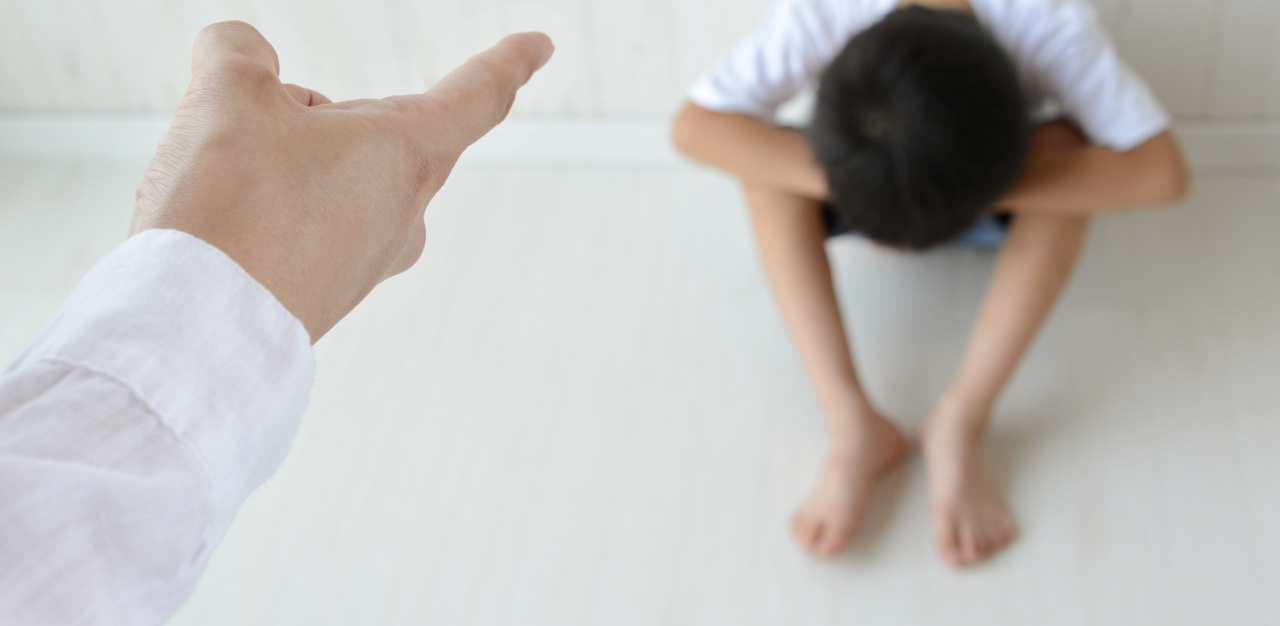
Mr Chua also notes that caning or spanking is heavily influenced by the Asian culture. For instance, adults who grew up with parents who used the cane on them would likely do the same to their own children.
In addition, if parents spank their children out of anger, these children tend to get aggressive and turn to physical violence when they themselves are angry, he says.
If parents use physical punishment, children tend to lack self-control as they are only taught to fear pain. “Pain is a temporary feeling but self-control is an essential social emotional skill,” Mr Chua adds.
When parents use physical punishment on their children, there is also a high chance that children might be excessively punished. “As human beings, we get emotional and are not able to control how hard or how many times we cane or spank the child. That could lead to lasting physical harm to the child,” says Mr Chua.
Spanking a child is not just in Asian homes either. Three quarters of Americans agree or strongly agree with the statement, “It is sometimes necessary to discipline a child with a good, hard spanking” according to a 2015 study, with other surveys estimating that 4 in 5 have spanked their kids at some point.
But support for spanking has declined slightly from over half of parents surveyed in 2015 to 2021’s 47 per cent who either somewhat or strongly agree with the practice, according to the American Family Survey. It showed 35 per cent disagree to some extent in the nationally representative poll of 3,000 adults, conducted in late June and early July 2021 by YouGov for the Deseret News and Brigham Young University’s Center for the Study of Elections and Democracy.
Drawing the line between discipline and abuse
So, when you are yelling at your child, swinging the cane and threatening to spank him and in the heat of the moment, there may be times where you cross the line into abuse.
Ms Gloria James, head lawyer at Gloria James-Civetta & Co. says it comes down to two factors:
1. Purpose — what the point of the beating is, whether it is truly to educate the child, or is it “merely an avenue for a parent to vent his or her frustrations, guised under an act of discipline”.
2. Proportionality — whether the purpose of the parent’s actions is proportionate to the punishment.
For example, it is reasonable that the discipline that comes when a child is stealing, fighting or underage smoking, is far more serious than when he were to skip his classes or talk back. “If a punishment is not proportionate, it may cross the line from just being corporal punishment to ill-treatment,” says Ms James.
Additionally, it’s important to note that the law does protect children from physical discipline that goes overboard, with the enacting of the Children and Young Persons Act (CYPA) in 1993.
Ms James explains that Sections 5 and 6 of the CYPA protects a child from ill-treatment, “It extends beyond physical abuse, to emotional and psychological abuse. Additionally, even a parent who exposes a child to risk of abuse could be penalised.”
Depending on the section, any person found guilty of an offence under these sections could face fines of up to $8,000, or $40,000 when death of a child results, and imprisonment for up to eight years, or 14 years, or both.
In some cases, the Court may order that the child be removed from the home. The punished parent may also be ordered to execute a bond of good behaviour.
“These penalties extend beyond parents per se – if you are a guardian or person having charge or custody of a child, these sections would apply to you as well,” says Ms James.
Ms James adds that if you have reason to suspect a serious risk of personal safety on a child’s part, contacting the police and/or the Child Protection Services should be the first port-of-call.
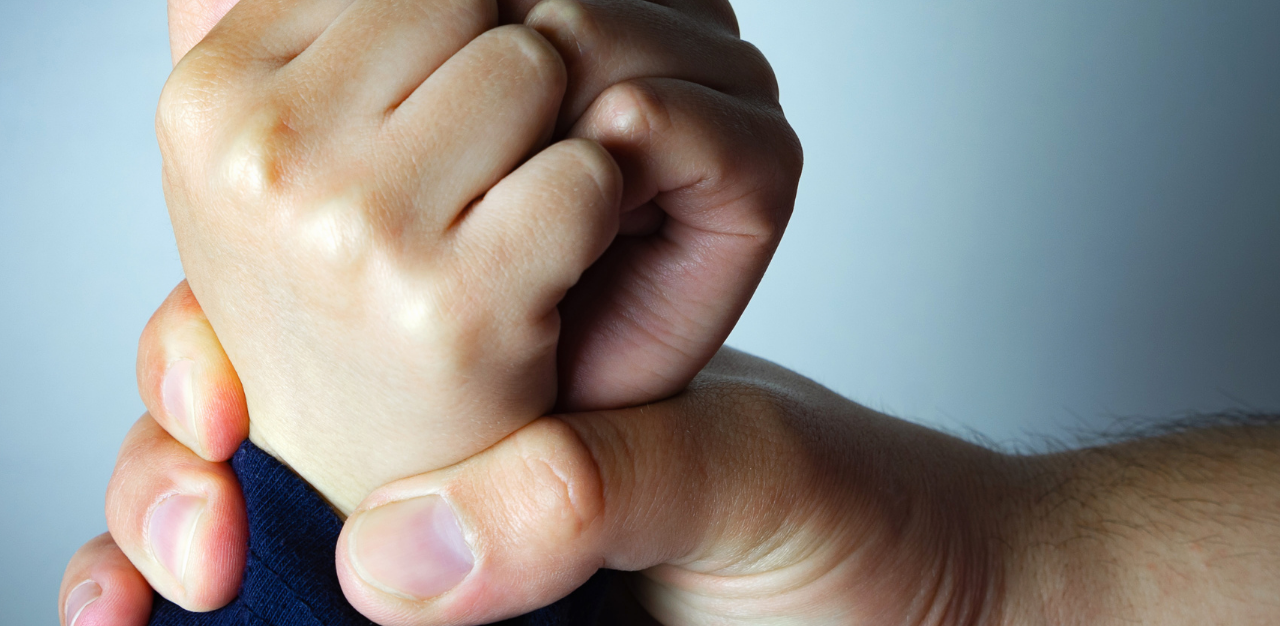
If you are a parent who has reason to suspect your child’s friend or schoolmate of being abused, unless you are close enough to the child to approach them personally, Ms James suggests raising the issue with the school’s counsellor or principal, and they can take it from there.
When discipline does not involve smacking
As unpleasant as it is, discipline is still a crucial part of parenting. Good discipline methods are geared towards changing an undesirable behaviour, while not associating pain with misbehaviour.
1. Put house rules in place
It’s important for a child to know and understand what is expected of them in terms of behaviour. It can be helpful to phrase the rules in a positive manner so that the child is more likely to be receptive. For instance, instead of saying “No fighting with your siblings”, you could say “Speak politely and be kind to one another.”
2. Use logical consequences
Every action has a consequence, so use this to guide the child to take ownership of his behaviour. MindfulBear’s Mr Chua cites an example, “If a child breaks an iPad while running around at home, what would the logical consequence be? Have the child pay for the iPad by coming up with a savings plan so that he can accumulate enough money to replace it. This way he will understand fully why he should not run around at home as there might be a possibility of breaking something valuable.” If the parent were to spank the child instead, the child would be deprived of learning the consequences of running around at home. “Logical consequences promote decision-making skills which will lead to better self-control in children,” he says.
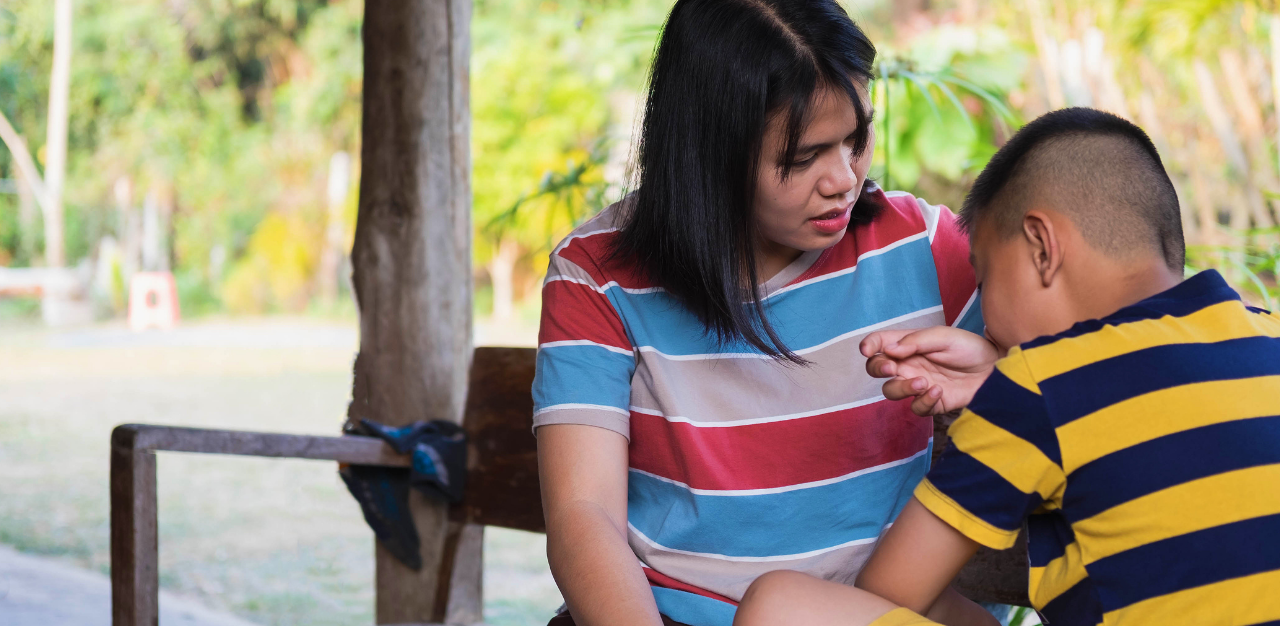
3. Teach self-regulation
All children can eventually manage their behaviour if we teach them to see the linkage between their feelings, thoughts and behaviours, says Mr Chua. “Teaching children self-regulation will reduce misbehaviors as children are more aware of their feelings, thoughts and behaviours”. For example, if a child starts throwing a tantrum, instead of spanking them, you could teach them breathing exercises. The next time before a tantrum, encourage them to do breathing exercises instead of misbehaving. “Self-regulation is like a muscle, the more the parents practice with the children, the better they get at self-regulating themselves,” he says.
4. Praise good behaviour
Bad behaviour is not all that your child is capable of. Look out for those moments where he is behaving well, or even going out of his way to be a better person. Let him know that you noticed and praise him with a phrase like “you’re doing a great job with sharing your toys today.” This encourages him to model his behaviour on positive reinforcements. You could also reward the child in simple ways – such as letting him pick an extra book to read at bedtime, or visiting a best friend over the weekend.
Join the conversations on TheHomeGround Asia’s Facebook and Instagram, and get the latest updates via Telegram.



